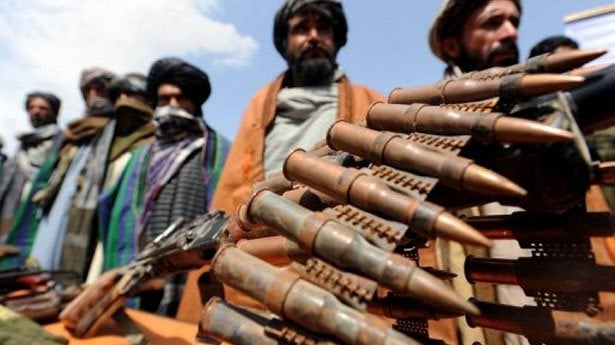
Leadership of the Taliban has been in dispute since the confirmation last July of the death of the hard-line militant insurgency’s founder, Mullah Mohammad Omar, nearly two years previously.
After intense opposition, Mullah Mansoor strengthens position
Despite leadership disputes, the Taliban have made big advances this year, inflicting heavy casualties on Afghan forces fighting largely on their own since the withdrawal of most foreign combat troops last year.
On Friday, representatives of a splinter group headed by Mullah Mohammad Rasool Akhund calling itself the ulema, which rejects Mansoor's authority, travelled to an undisclosed location to meet the exiled insurgency leadership headed by Mansoor, according to two senior officials from both camps.
"We agreed on ceasefire and prisoners' swap, but the ulema were not given access to Mansoor," Mullah Abdul Manan Niazi, Rasool's deputy, told Reuters by telephone.
Afghan Taliban declare ceasefire in quake-hit areas
Niazi said the delegation was only able to meet Mansoor’s deputy, Haibatullah Akhund, who told the representatives that from now on, Mullah Mansoor would not meet people because of security issues.
The secrecy surrounding Mullah Mansoor, and its similarity to the Taliban public narrative pushed by Mansoor for two years while Mullah Omar was actually dead, has raised new suspicions among the dissident Taliban commanders.
Peace talks, round-II: Kabul, Taliban may agree on ceasefire
"Like many other people, we also believe that Mullah Mansoor is dead and that's why his deputy Sheikh Haibatullah refused access to the ulema council to him," Niazi told Reuters.


1729662874-0/One-Direction-(1)1729662874-0-165x106.webp)














COMMENTS
Comments are moderated and generally will be posted if they are on-topic and not abusive.
For more information, please see our Comments FAQ